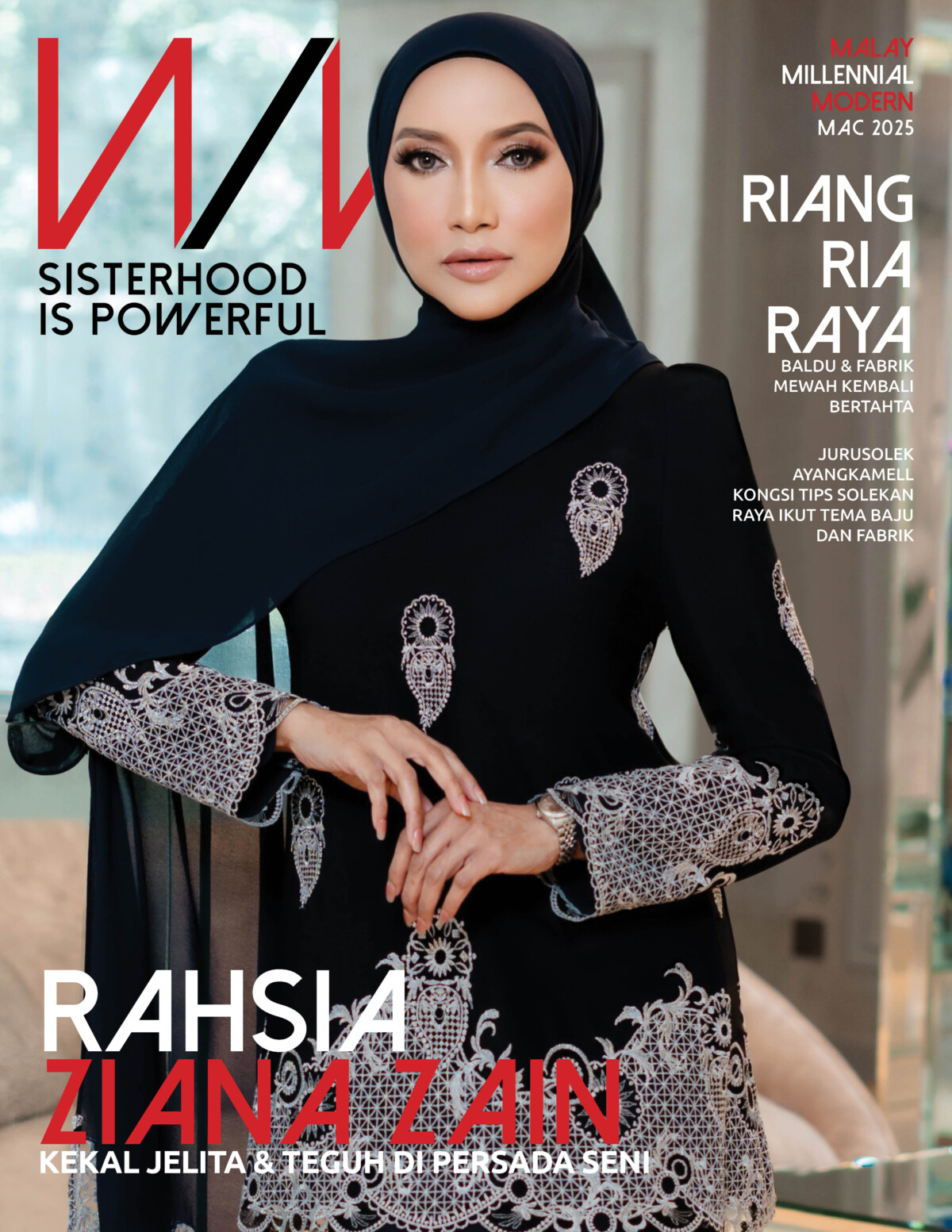Falling in love and marrying someone who is of a different race and culture is a very rewarding experience. It helps to broaden each other’s perspectives and even find a connection in our differences. Ideally, love should have no boundaries.
Partners in mixed marriages may be supportive of each other’s religious beliefs but still often run into unexpected issues. Differences in the way people in these marriages celebrate certain holidays or have dietary restrictions are to be expected. However, other problems may arise, which have a much bigger impact on the partners in mixed marriages.
Mixed marriages often face additional struggles and challenges in the field of parenting. Raising a child always leads to conflicts if the parents are not on the same page. For parents in mixed marriages, these conflicts often multiply.
In Malaysia, there has been an upward trend in inter-ethnic marriages in recent years. According to the Department of Statistics Malaysia’s Marriage and Divorce Statistics report issued in November 2019, 9% of total marriages in 2018 (18,509 out of 206,253 marriages) involved interracial marriages.
This was an increase from the 8% (16,238 out of 203,741 marriages) interracial marriages recorded in 2017.
Out of the 18,509 inter-ethnic marriages in 2018, 48.3% comprised Muslim and 51.7% non-Muslim marriages.
More Receptive Now
Commenting on the rising trend in interracial marriages, principal fellow at Universiti Kebangsaan Malaysia’s Institute of Ethnic Studies Prof Datuk Dr Teo Kok Seong said Malaysians have now become more receptive towards marrying outside of their own race.
“In the past, many people were opposed to interracial marriages, particularly if it involved non-Muslims marrying Muslims as it would require them to convert to Islam. But these days, people are more open to such marriages,” he told Bernama.
He said the openness to mixed marriages shows that Malaysians are willing to embrace cultural diversity which, indirectly, will enable them to appreciate the festivals and customs of other races.
What are the disadvantages of inter ethnic marriage?
The advantages of inter ethnic marriage include cultural tolerance, fostering of unity, peaceful coexistence, and so on while the disadvantages include conflicting traditions, language barrier, intolerance, and so on. The involvement of extended family members in the child-rearing process, behavioural expectations, and the question of what is considered appropriate frequently cause heated discussions between couples.
As in any relationship or marriage, both partners have to be flexible and open-minded when facing unexpected arguments and issues. In mixed marriages, arguments may come up more often because of the different cultural backgrounds. For instance, one partner’s prevalent social attitudes and common prejudices may begin to show more openly one day. When this happens, all you can do is to maintain a good-natured attitude and have lots of patience.


